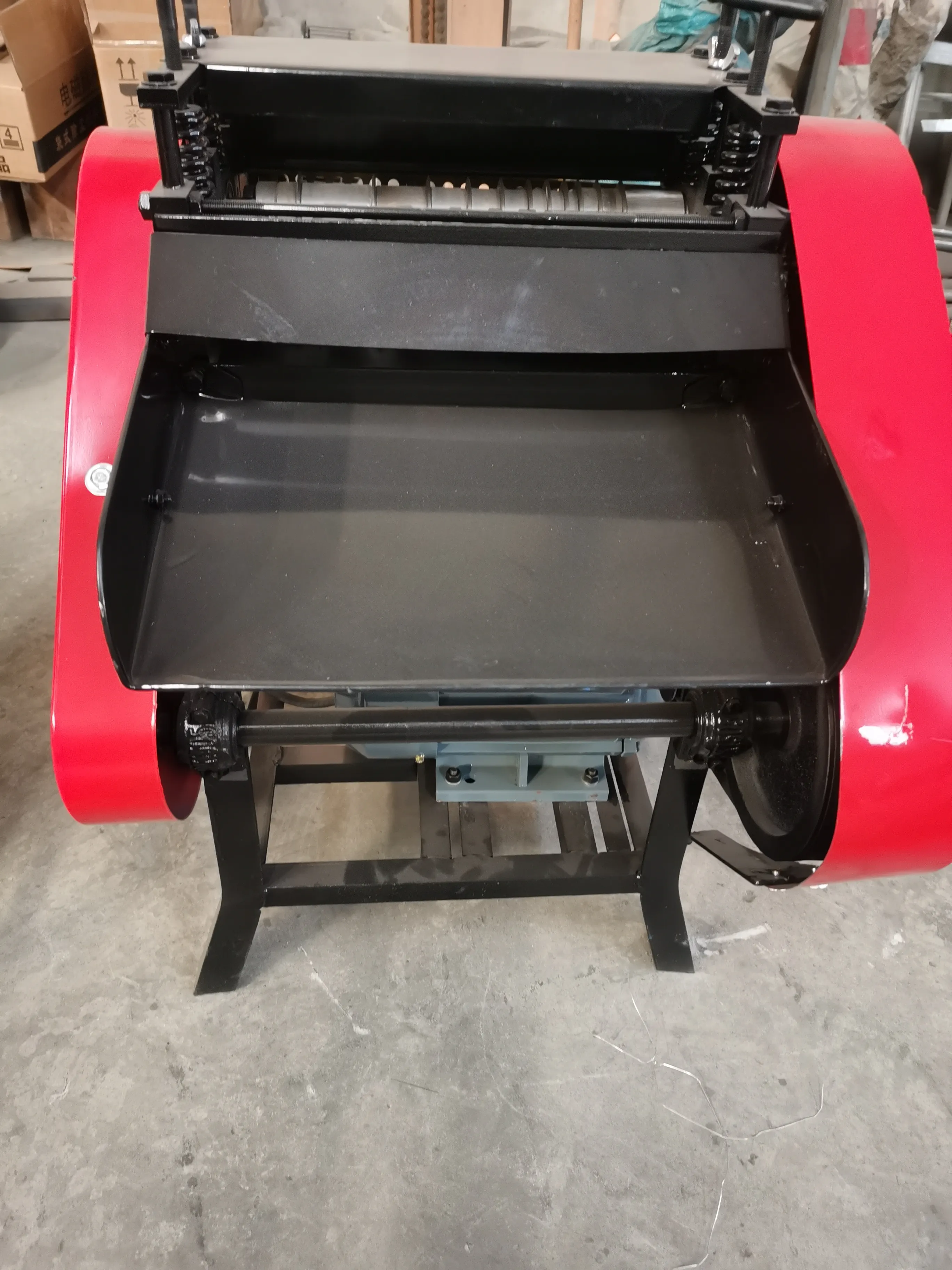
8 月 . 30, 2024 17:12 Back to list
How Do You Recycle Old Electronics?
In our rapidly advancing technological world, recycling old electronics has become a crucial practice for both environmental sustainability and resource conservation. Electronic waste, or e-waste, refers to discarded electrical devices, including computers, smartphones, televisions, and other gadgets. As the demand for new technologies continues to rise, so does the volume of e-waste generated. Therefore, understanding how to properly recycle old electronics is essential.
Firstly, it's important to recognize the environmental impact of e-waste. Many electronic devices contain hazardous materials, including lead, mercury, and cadmium, which can leach into the soil and water if not disposed of correctly. Additionally, the improper disposal of electronics contributes to pollution and can harm wildlife and humans alike. Recycling old electronics helps mitigate these risks by ensuring that harmful components are handled safely and that valuable materials are reclaimed.
How Do You Recycle Old Electronics?
If the device is no longer functioning, the next step is to find a certified e-waste recycling facility. Many local governments offer drop-off programs and events specifically for e-waste recycling. Additionally, numerous retailers provide take-back programs where you can return your old electronics when purchasing new ones. For instance, large electronics stores often have designated bins for customers to deposit unwanted devices safely.

Once you have identified a recycling option, it’s crucial to prepare your electronics for recycling. This involves removing personal data from devices, such as computers and smartphones. For many, this might mean performing a factory reset or using data-wiping software. Ensuring that your personal information is deleted protects your privacy and data security.
After preparing your electronics, take them to the recycling facility or drop-off center. A reputable recycler will ensure that all components are sorted and processed in an environmentally responsible manner. For instance, metals like copper, aluminum, and gold can be extracted and reused, while hazardous materials are disposed of in compliance with environmental regulations.
Moreover, some organizations specialize in refurbishing old electronics, giving them a new lease on life. This process involves repairing and upgrading devices, allowing them to be resold or donated, thus supporting both sustainability and economic inclusion.
In conclusion, recycling old electronics is an essential part of responsible consumer behavior. By taking the time to properly dispose of devices, individuals can help reduce e-waste in landfills, minimize harmful environmental impacts, and recover valuable resources. Whether through donation, electronic recycling programs, or refurbishing, every action counts. It is our collective responsibility to ensure a healthier planet for future generations, and recycling our old electronics is a significant step in that direction.
Latest news
Unveiling the Power of Eddy Current Separator
NewsSep.25,2024
Transform Your Home Recyclin:home metal shredder
NewsSep.25,2024
The Future of Waste Management with Recycling Line Picker
NewsSep.25,2024
The Benefits of a Metal Recycling Plant
NewsSep.25,2024
Revolutionize Material Separation with Onwang Technology
NewsSep.25,2024
Innovative Waste Management: Unveiling the MSW Sorting Plant
NewsSep.25,2024